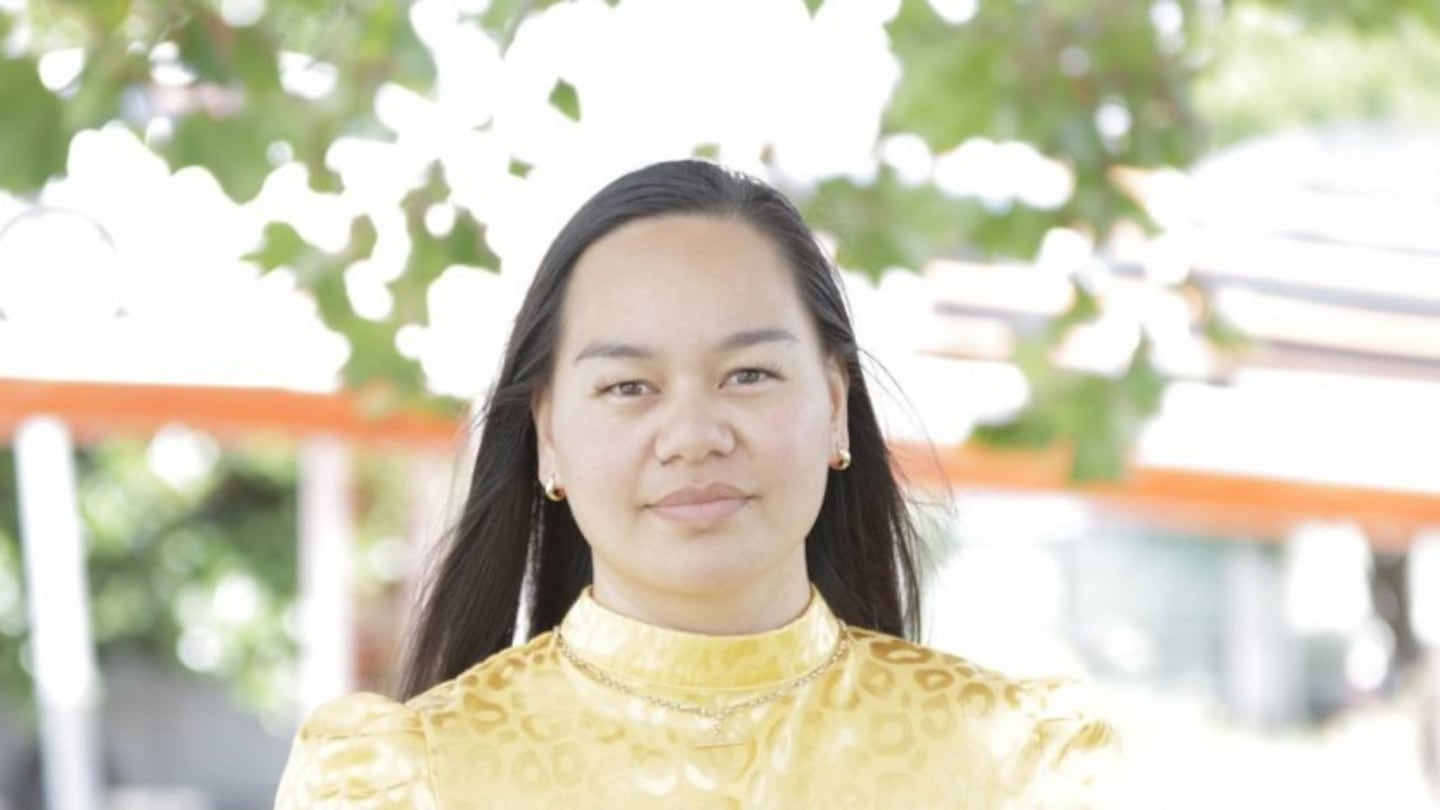Māhera Maihi founded Mā Te Huruhuru to help rangatahi Māori from poverty, gangs and domestic violence. Photo / Supplied
A Māori wahine is helping South Auckland youth escape from cycles of family violence, gangs, and poverty through her charity.
"I was tired of waiting for other people to come up with solutions for young Māori. We're dying - I nearly died - and no matter where I went, no one had a holistic idea of how to solve our issues."
This is according to Māhera Maihi, who set up Mā Te Huruhuru in Manukau with the intention of shifting negative youth attitudes from within her community.
Mā Te Huruhuru runs education, employment, suicide prevention and Covid-19 community outreach programmes for 16- to 30-year-olds, to ensure skills can be sustained and enable young people to become independent.
Maihi said these skills-based courses were not unique, but a strategy that is culturally competent and meaningful for young Māori was unlike other programmes run by government or outside organisations.
"There were good components [to their programmes] but nothing that fits me, my family and my people," said Maihi, who worked for Oranga Tamariki.
Trust lacking
Government programmes, she said, focused solely on putting people into employment. Maihi believed strong relationships with rangatahi built upon trust and familiarity were lacking in those programmes.
She said some young Māori she had worked with had gone through hundreds of foster homes or organisations.
She admits some youth could be violent, deceitful and disobedient and many people want to help. But Maihi said young people resorted to this behaviour because they couldn't articulate their struggles.
She focused on connecting with young people on a spiritual level - "seeing their wairua", and having buy-in from their families, to whom they remained loyal.
She started Mā Te Huruhuru 18 months ago and has already worked with 250 rangatahi. While Maihi acknowledged not all kids had changed for the better, she was still motivated to help them overcome serious trauma or issues.
'Cool to be bad'
She said most come from broken whānau with issues including include gangs, drugs and family harm, which many rangatahi experienced and glorified.
"It's cool to be bad. That's the reality, the kids that come into our programmes, they come with that gang and drug abuse whakapapa," said Maihi.
She said one girl refused to even step inside her charity's building. Visibly shaking, the girl pointed out a boy whose father she said had raided her home and held a gun to her and her baby sister's head.
Maihi knows firsthand what Māori children can experience, herself having a father who was president of a gang. She said that from a young age she was surrounded by drugs and domestic abuse.
It is this experience, she said, which inspired and strengthened her to support others dealing with similar upbringings. With 10 siblings, Maihi said her father wanted her to get a good education and in turn support the rest of her whānau.
'Gang and poverty mentality'
"I've never felt a burden carrying that wero (challenge) though. It filled me with an energy that I can tap into when I'm dealing with ministers or charity funders. I have an urgency to make change even if I die trying."
She said some kids had a "gang and poverty mentality", which meant they aspired to join gangs their families and friends might affiliate with and having normalised ideas of theft or selling drugs to make money.
"Their sisters, aunties and cousins all have that lifestyle, and that's who they aspire to be like - their families.
"Young people have access to social media and other outlets where they see other Māori engaging in antisocial behaviour. Take young people doing ram raids; they think, 'hey, that's my little cousin and they're being cool. We're going to get on the news too by doing something even more outrageous'."
Maihi wanted to shift this mentality and role model a positive life rangatahi could aspire to. She wants the skills and ambition young Māori already had to be put to better use.
An example was a rangatahi who came through Mā Te Huruhuru, who wanted to learn accountancy so he could manage finances for his father's gang.
"We can change how they think. You've got ideas of the Tama Toa, Wahine Toa, and mauri ora. I'm changing what that looks like."




